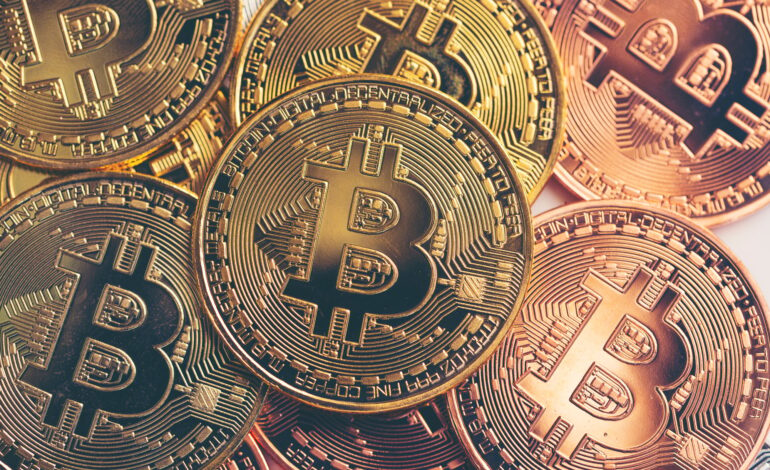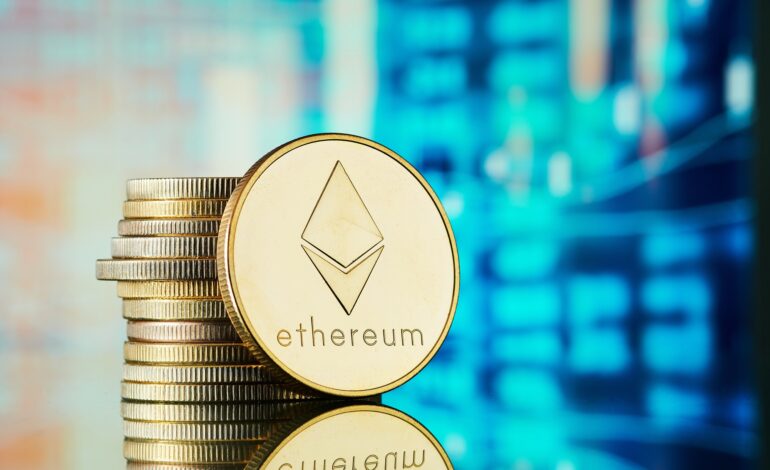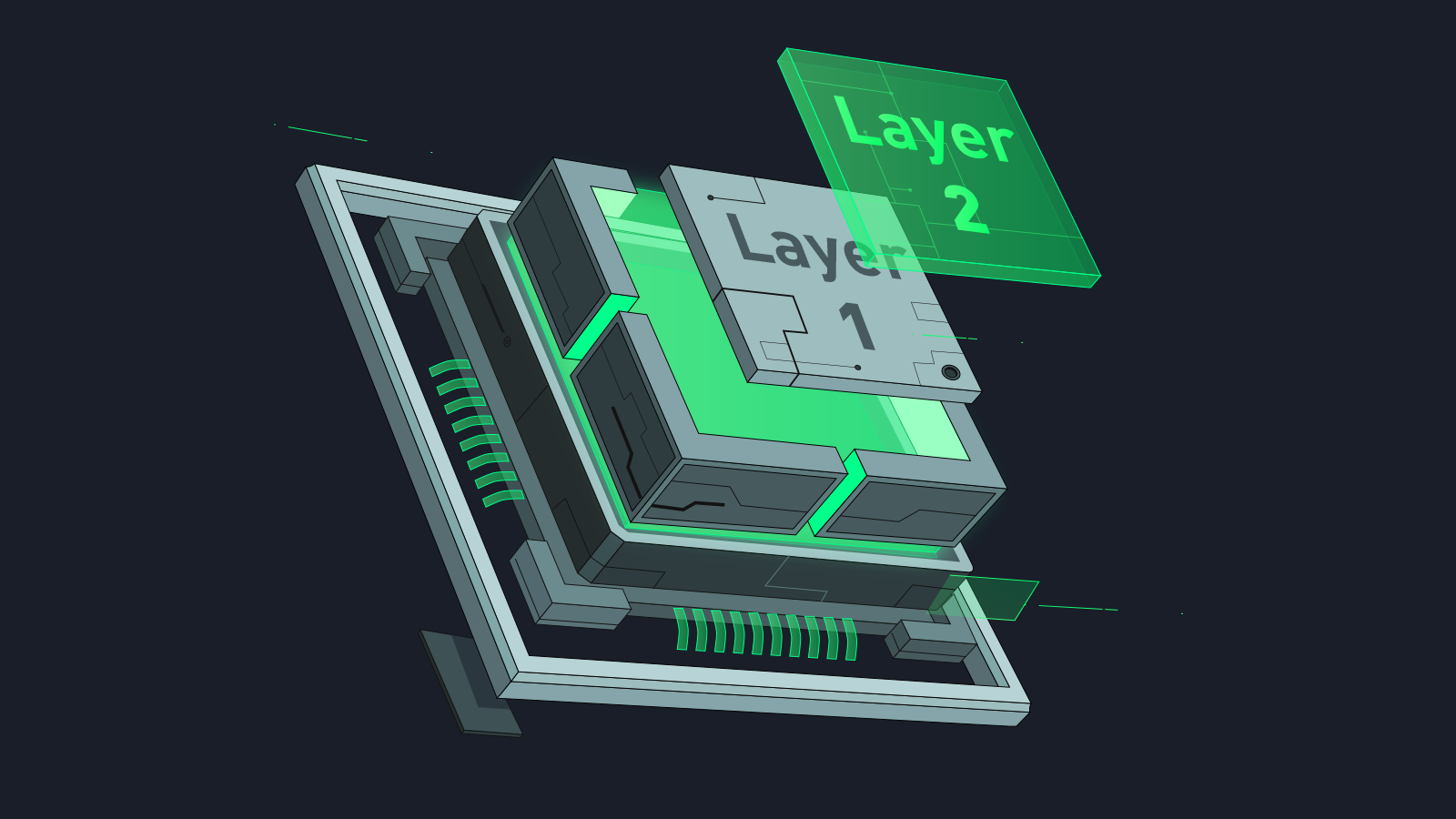Altcoins: The Diverse World Beyond Bitcoin

While Bitcoin often steals the spotlight as the original and most recognized cryptocurrency, there exists a vast universe of alternative coins, commonly referred to as altcoins. These digital currencies have emerged to address various challenges, introduce innovative features, and cater to specific use cases that Bitcoin may not fully support.
What Are Altcoins?
The term “altcoin” is derived from “alternative coin,” referring to any cryptocurrency other than Bitcoin. Since Bitcoin’s inception in 2009, thousands of altcoins have been created, each with unique characteristics and purposes. While Bitcoin primarily serves as a digital currency and a store of value, altcoins can fulfill a wide array of functions, from facilitating smart contracts to powering decentralized applications.
Types of Altcoins
- Ethereum (ETH): The Smart Contract Pioneer
- Launched in 2015, Ethereum revolutionized the cryptocurrency space by introducing smart contracts—self-executing agreements coded directly onto the blockchain. This allows developers to create decentralized applications (dApps) that run on the Ethereum network. Think of Ethereum as a platform for building software, rather than just a digital currency.
- Stablecoins: The Anchors of Stability
- Stablecoins are designed to maintain a stable value by pegging their price to a reserve of assets, usually fiat currency like the US dollar. Examples include Tether (USDT) and USD Coin (USDC). These coins aim to combine the benefits of cryptocurrencies with the stability of traditional currencies, making them ideal for transactions and as a store of value during market volatility.
- Privacy Coins: The Keepers of Secrets
- Privacy coins like Monero (XMR) and Zcash (ZEC) focus on enhancing user anonymity. They employ advanced cryptographic techniques to obscure transaction details, ensuring that sender and receiver information remains confidential. This feature appeals to users who prioritize privacy in their financial dealings—like the secretive ninjas of the crypto world!
- Utility Tokens: The Gatekeepers
- Utility tokens are designed to provide access to a product or service within a specific ecosystem. For example, Binance Coin (BNB) allows users to pay for trading fees on the Binance exchange and access exclusive features. These tokens are essential for the functionality of the platforms they support, acting like tickets to an amusement park where you can enjoy all the rides!
- Decentralized Finance (DeFi) Tokens: The Financial Rebels
- DeFi tokens power decentralized finance platforms that aim to replicate traditional financial services without intermediaries. Examples include Uniswap (UNI) and Aave (AAVE). These tokens facilitate lending, borrowing, and trading within DeFi ecosystems, creating a more accessible financial landscape. It’s like having a bank that’s open 24/7 with no waiting lines!
- Governance Tokens: The Vote of the People
- Governance tokens give holders the right to participate in decision-making processes within a blockchain project. Tokens like Compound (COMP) and Maker (MKR) allow users to vote on protocol changes, ensuring that the community has a say in the project’s future. It’s democracy in action, but instead of voting for politicians, you’re voting for your favorite blockchain features!
Benefits of Altcoins
- Innovation and Variety:
- Altcoins introduce new technologies and concepts, driving innovation in the cryptocurrency space. From smart contracts to decentralized finance, these coins push the boundaries of what is possible with blockchain technology.
- Niche Solutions:
- Many altcoins address specific problems or cater to particular industries. This specialization allows them to provide tailored solutions that Bitcoin may not offer. For instance, privacy coins meet the demand for anonymity, while stablecoins offer stability in volatile markets.
- Investment Opportunities:
- The altcoin market presents a plethora of investment opportunities. While Bitcoin often captures headlines, savvy investors can discover promising altcoins that have the potential for substantial returns. Just like a treasure hunt, there are hidden gems waiting to be found!
Challenges of Altcoins
- Volatility:
- Altcoins can be significantly more volatile than Bitcoin. Prices can swing dramatically based on market sentiment, news events, or technological developments. This volatility can be a double-edged sword—while it offers the potential for high returns, it also poses considerable risks.
- Regulatory Uncertainty:
- Many altcoins operate in a gray area regarding regulations. Governments around the world are still figuring out how to classify and regulate cryptocurrencies. This uncertainty can lead to sudden market shifts or legal challenges for specific projects.
- Lack of Adoption:
- While Bitcoin enjoys widespread recognition, many altcoins struggle with mainstream adoption. Limited use cases and acceptance can hinder their growth and market viability, making it essential for these projects to build strong communities and partnerships.
- Scams and Rug Pulls:
- The altcoin space has been marred by scams and fraudulent projects. Investors must exercise caution and conduct thorough research before investing in any altcoin. Remember, if it sounds too good to be true, it probably is—just like that magic weight-loss pill you saw on late-night TV!
Conclusion
Altcoins represent the diverse and dynamic world of cryptocurrency beyond Bitcoin. With a wide range of features, use cases, and potential benefits, these alternative coins are instrumental in shaping the future of finance and technology. As the cryptocurrency landscape continues to evolve, altcoins will play a vital role in driving innovation and providing solutions to various challenges.






